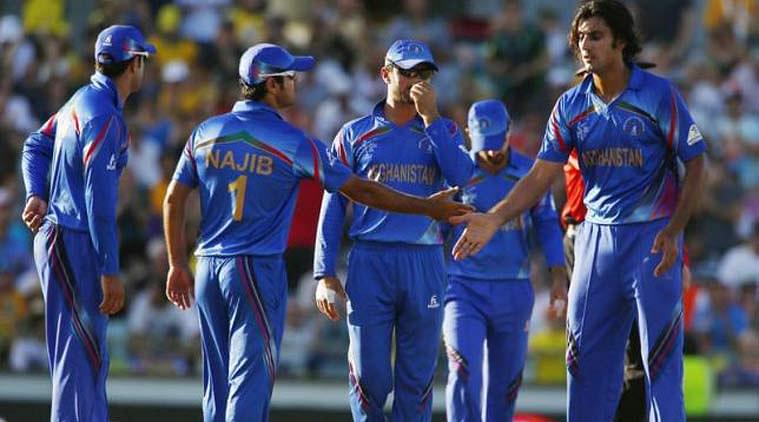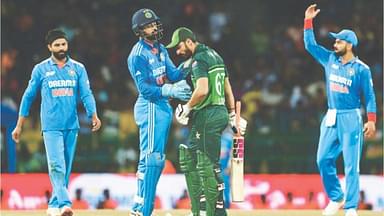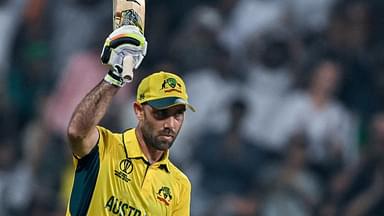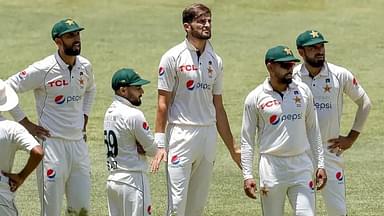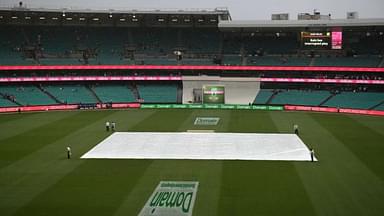The Afghanistan Cricket Board (ACB), in a strong statement, has said that it had cancelled all matches and agreements with Pakistan after the Afghan intelligence linked the Pakistani intelligence agency to the Kabul bombing on 31st May, 2017 which left 90 dead and 463 injured. “After the deadly attack and in light of the findings of the security services and strong reaction by the Afghan nation, we cancelled all kinds of cricket matches and initial mutual agreements with the Pakistan cricket Board,” ACB Media Director Aziz Gharwal told EFE.
Advertisement
Pakistan were set to play their first Twenty20 match in Kabul later this year in what was seen as an opportunity for the neighbours to ease tensions over border skirmishes and alleged proxy warfare.
The Kabul match, set for July or August, would have been followed by a fixture in Pakistan and a full series at an unspecified date. But the Afghanistan Cricket Board issued a strongly worded statement late on Wednesday, cancelling the matches in light of a truck bombing in the city’s diplomatic quarter that killed at least 90 people.
No group has claimed responsibility for Wednesday’s attack, although the Taliban has denied involvement. On Thursday, the matter escalated when, in an expanded statement, the ACB placed the blame for the attack on Pakistan, saying no agreement could be “valid in a country where terrorists are housed and provided safe havens”.
The Pakistan Cricket Board (PCB) issued a response extending its sympathies to the victims of yesterday’s attack, but also hitting back at the “baseless allegations levelled by the Afghanistan Cricket Board”. And despite the ACB having announced the cancellation, the PCB said the matches were an “informal understanding with ACB last weekend” and were “subject to conducive security conditions in Afghanistan and now stands cancelled because of continuing insecurity and instability there”.
Afghanistan’s intelligence agency has blamed the Taliban-allied Haqqani Network for the attack, which has been linked to Pakistan’s military in the past.
The development leaves Pakistan’s cricketers even more isolated in the region. India has refused to play a full series since the 2008 Mumbai attacks, while ties with fellow Test team Bangladesh have also soured after Pakistan pulled out of a planned series in July. Pakistani officials said they were unhappy that Bangladesh were not willing to send their team there. Only minnows Zimbabwe have been willing to tour the insecurity-wracked country since a 2009 militant attack on the visiting Sri Lanka team.
Cricketing relations between Afghanistan and Pakistan were not always so frosty. Afghans learned to play cricket in refugee camps in Pakistan after they were forced to leave their homes in the wake of the Soviet invasion in 1979. The sport struggled to get a foothold in Afghanistan under the hardline Taliban, but has become hugely popular since the Islamist regime was toppled in a US-led invasion in 2001.
While Pakistan has supported the Afghan team by supplying equipment and arranging fixtures with the fledgling side, rival India has also been keen to lend its support. Last year, Afghanistan’s national team shifted its base from Sharjah in the United Arab Emirates to Noida, Delhi, while India’s former batsman Lalchand Rajput replaced Pakistan’s Inzamam-ul-Haq as their national team coach.
With another friend turning into an enemy, Pakistan needs to introspect their policies and their constant habit of protecting terrorists. A degradation of sporting ties with major countries has affected their performances as well as Pakistan find themselves placed below Bangladesh in the ODI rankings. It will not be a surprise if Afghanistan also overtake Pakistan in a few years as they definitely have some quality players as seen in the IPL already. Pakistan should mend their ways or suffer the consequences of isolation from the world politically as well as in sports and culture.

